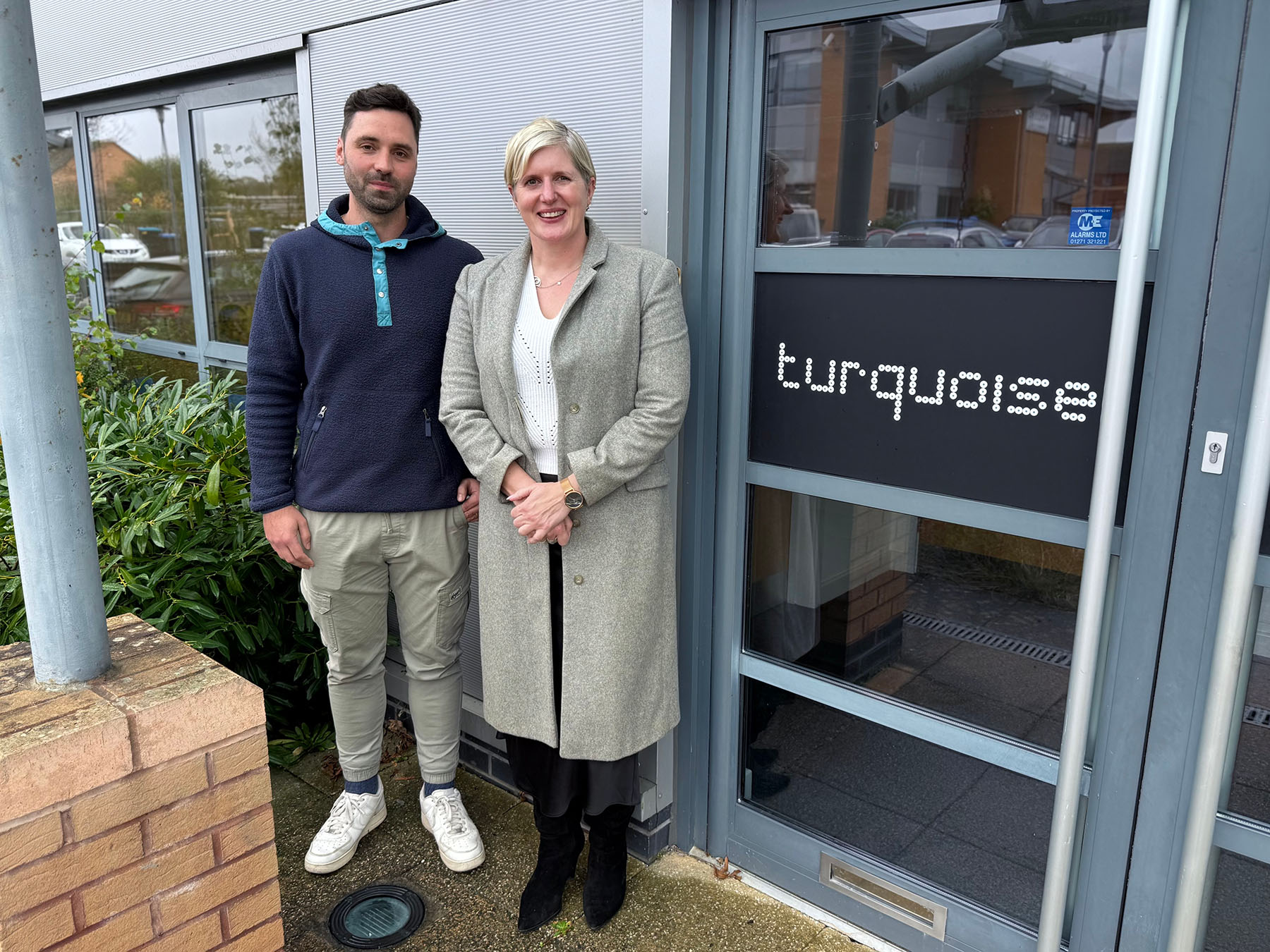According to the CAF UK Giving Report 2022, it was observed that the charity donations in 2021 were consistently lower each month than the corresponding months in 2019, indicating an established negative trend. Despite some improvement before the close of 2021, with 33% of people donating in November and 36% in December, the numbers were still lower than the equivalent levels for the same period before the pandemic. The initial months of 2022 fell further, with January at 29% and February down to 25%.
However, March 2022 saw a rise in donations to 34%, believed to be in response the Russian invasion of Ukraine. The negative trend re-established in April, with 4% of people stating that they had cancelled their regular donations to charity in response to the rising cost of living, while 8% decided against making a one-time donation, and 6% reviewed the amount they usually give to charity. Between February and April 2022, respondents were asked if they were considering reducing any activities in the next six months to manage their expenses. 62% stated that they would cut back on at least one activity, whereas only 24% said they wouldn’t cut back on anything.
These predictions appeared to impact charitable donations, as moving into Autumn 2022, monthly donations fell to the levels seen at the start of the year. Average donations fell from £67 in August to £51 in September. Additionally, only 26% of people had donated to charity in August; a decline from 30% before the pandemic.
The Enthuse Donor Pulse Winter Edition 2022 revealed that charity donations remained consistent during the three-month periods of Autumn and Winter 2022, with 75% of respondents contributing during each period. However, the level of donations varied depending on the income levels of the participants, with 63% of those earning £20,000 or less donating compared to 83% of those earning over £40,000, suggesting that those who are more greatly affected by the crisis, may be less likely to donate. Additionally, in Winter 2022, 60% of respondents said that they are finding it harder to donate because of their current financial situation.































